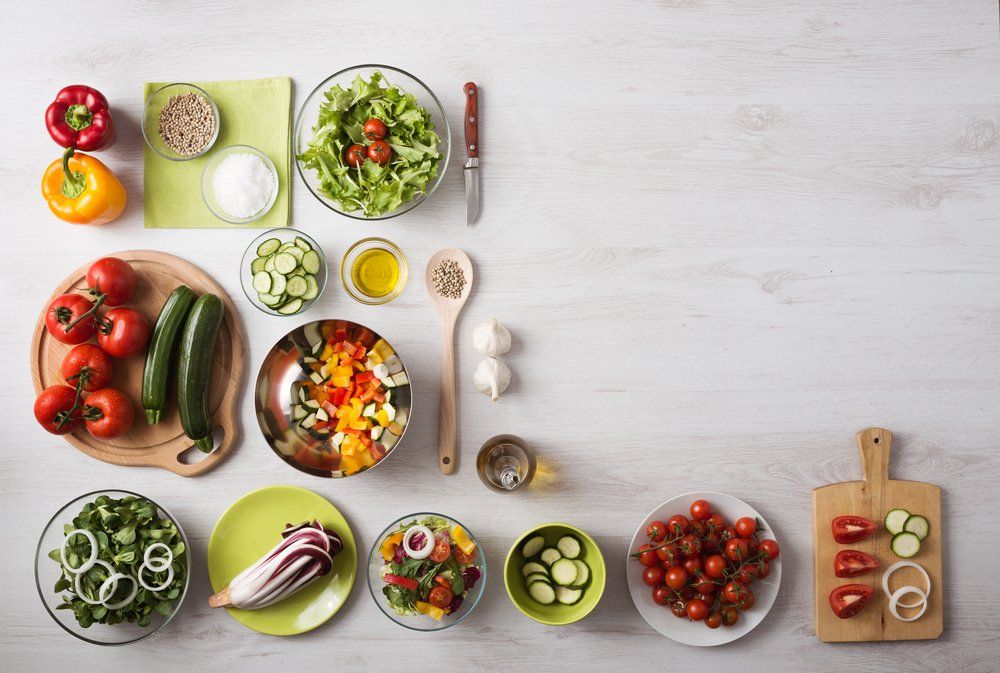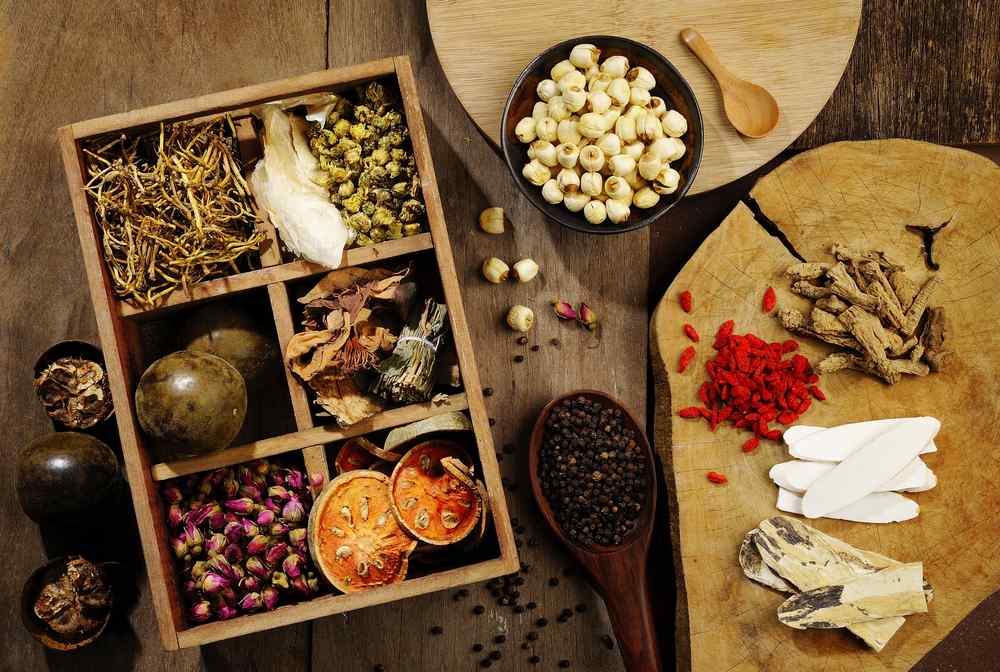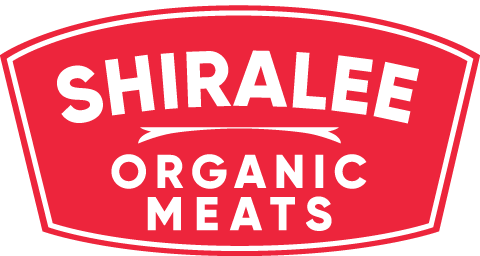1.Better Nutrition
Not only does organically produced food have none of the “bad”, they also have more of the “good”. Studies have proven that individual organic products actually contain more vitamins and nutrients than conventional products.
Organic fruit and vegetables, for example, are given considerably more time to ripen by organic farmers. As a result, they get less water, taste more intense and have more time to form secondary plant substances, fibres and vitamins. Organic meat and milk also contain more of the healthy omega-3 fatty acids than those conventionally produced. These are particularly good for the cardiovascular system. The reason for this is the large amount of fresh grass and hay that cows are fed in organic farming.
2. Incomparable taste
Those who are honest must agree with us: Organic fruit and vegetables just taste better. This is because the original, pure taste is not distorted by additives. Also the extra time mentioned in point 1 above, allows not only more nutrients to develop but also more flavour. Better quality soil produces better produce. Try it yourself, compare an organic carrot, or tomato or potato with a conventional one, you will taste the difference I promise.
3. A clear conscience
Eating organic products is not only good for yourself (because you eat less unhealthy food), but also for animals and the
environment.
According to Cornell entomologist David Pimentel, it is estimated that only 0.1 percent of applied pesticides reach the target pests. The bulk of pesticides (99 percent) are left to impact the environment. Waterways and farmland are
contaminated by chemical run-off from farms. Arguably one of the largest environmental disasters has been the loss of soil quality. Many organic farmers grow bio-diverse crops rather than the industrial monoculture model, which depletes the soil.
Organic management practices such as crop rotation, substantially enhance soil quality, restore nitrogen and organic components, and sequester carbon. In short, chemically produced food is damaging our soil and exacerbating our climate crisis.
4. Safe Drinking Water
The more chemicals applied per acre, the greater the challenge in preserving water quality. Enormous harm is caused when farm chemicals, flowing off of millions of acres, congregate in the natural waterways. So, not only is chemically dependent agriculture damaging our drinking water it is also harming our waterways and oceans.
5. Free of genetic engineering
ACO (Australian Certified Organic) certification guarantee’s that any food item does not contain GMO’s and has not been genetically modified. This means that any inputs used, for example feed given to cows, also must not contain
any GMO’s. Being certified organic is Non-GMO and so much more. This is really good news for everyone who wants to avoid genetically manipulated foods.
6. Antibiotic free
When it comes to organic meat, the livestock must be given organic, hormone- and GMO-free feed. The animals aren’t treated with antibiotics or chemical medications to prevent disease or fed growth-regulating drugs, steroids or
hormones to increase size or yield. Instead disease is prevented through the use of natural methods such as clean housing, rotational grazing, and healthy diet. Organic livestock must also be given access to the outdoors and not housed in cages or feedlots.
7. Pesticide-free
There are a lot of pesticide residues on conventional products that easily get into our diet? In addition, there are up to 400 different additives, preservatives, sweeteners and artificial colorants. In other words, considerably more chemistry than we actually want to have on our plates.
8. Clean climate
This is a clean thing: the production of organic food emits significantly less harmful greenhouse gases than conventional production. This is partly due to the fact that nitrogen fertilisers are not used in the cultivation of organic fruit and vegetables. And: If the soil is protected thanks to varied crop rotations, it binds carbon dioxide much better than leached soil.
9. More sustainability
Organic farming and sustainability – these two things go hand in hand. Because only those who work in an environmentally friendly and resource-saving manner can be sure that they will be able to produce naturally and in the long
term. Because nature does not forgive brutal exploitation so quickly and must always recover before anything can be gained from it. Crop rotation in the fields is just one of many important, sustainable approaches. Care is taken to ensure that the field is used for different plants one after the other. The nutrients that the first plant has extracted from the soil are returned by the second plant.
And if you are careful to buy organic products from your region, you are also doing something to help local farmers switch to organic, which in turn shortens transport distances and protects the environment.
10. Becoming a role model
When you buy organic products, you are setting a good example. Not only for your own children, who grow up with organic products and thus consume less additives and colourings, artificial aromas and flavour enhancers than others, but also for the other people around you. For this you do not have to try to missionize them with long sermons. All you have to do is serve them a delicious fresh salad made from organic ingredients and let them experience the original taste. Sometimes understanding goes through the stomach.













